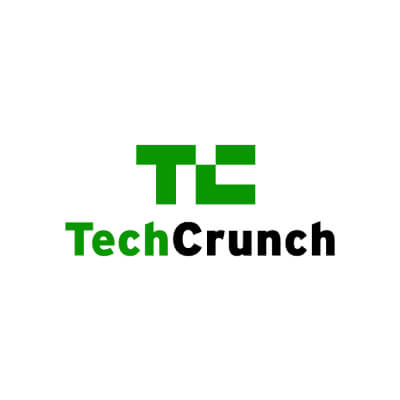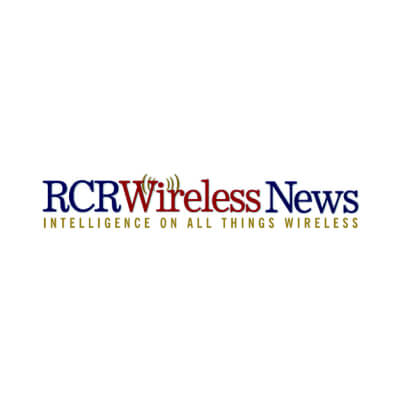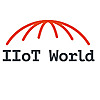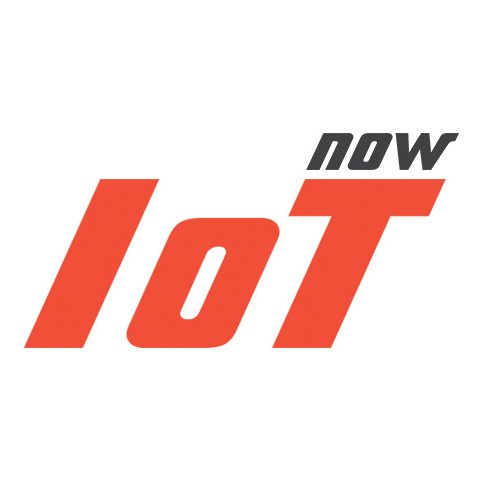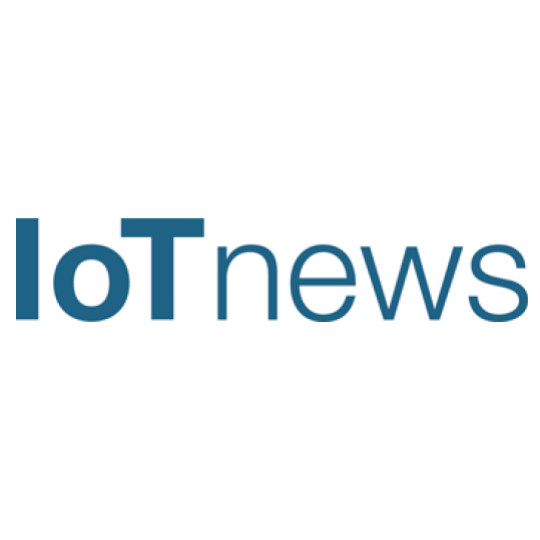
Everyone in IoT seems to be eagerly awaiting the coming of 5G, or Fifth Generation connectivity. Some have even wished for it so hard; they believe it’s already here. (It’s not yet, but it will be.)
I have been a skeptic about the usefulness of 5G technology, except in very limited Applications like automated vehicles and emergency services, but it’s possible I’m coming around (much like I did with Edge Computing, which I disparaged for more than a year before coming around thanks mostly to the advent of digital twin. A column on that journey is forthcoming). A study published this month by Vodafone centered on how 5G integration could transform social services in general and healthcare in particular, which is moving my skepticism a notch or two. Since the thesis supports my long-standing belief in the power of IoT to have a positive impact on society, the report gained my interest and attention.
Better Health, Connected Health
The Better Health, Connected Health report was written with the help of UK research firm WPI Strategy, and evaluates several research projects, including the results of a poll of 2,000 people about how they perceive smart healthcare technology, and comes to a variety of interesting conclusions.
Among the more interesting and far-reaching results reported are the huge majority of people who seem ready and eager to embrace telemedicine and smart medical technologies into the future, well beyond the necessity driven by COVID-19 pandemic amelioration efforts.
The report found that almost 80 percent of respondents said they want the English Government to increase investment in using the latest digital technology in the National Health Service to future-proof the UK healthcare sector. That’s a huge shift from the fears of several years ago.
Beyond the survey and other research results, the report outlines Vodafone’s plans and predictions for future IoT-enabled healthcare devices and implementations. Many of these were paired with 5G connectivity to operate, including ambulances with near-zero latency for patient condition reporting, 5G-connected drones used for transporting supplies, and remote-assisted surgeries. All of these had broad reported appeal among the surveyed group.
There was a lot more in the report, so I encourage you to read it, but the short answer is, I might be a little too conservative on the potential short-term uses of 5G. I’ll try and open my mind a bit more, but no promises.





 Related Podcast Episode
Related Podcast Episode
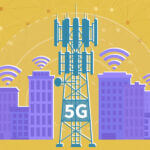
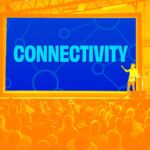
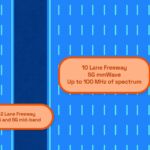

 Related Applications
Related Applications
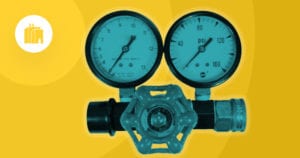

 Latest IoT News
Latest IoT News